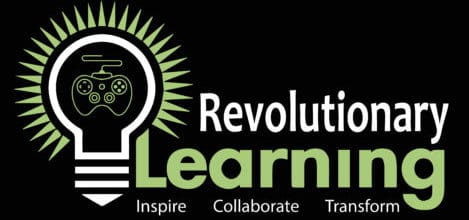By Karen Schrier, Ph.D. Marist College, Associate Professor and Founding Director of the Games & Emerging Media program
We often hear about how games and game communities are rife with biased behavior and toxic actions. And rightly so—games, just like other social communities online and offline, could be more inclusive, caring, and supportive places. What should we do to encourage more empathy and compassion? Could games also help to inspire this?
What if games were the problem and the solution?
As a Belfer Fellow for the ADL’s Center for Technology & Society for the past year, I set out to study this question. To do this, I worked with the ADL and the Global Game Jam to organize a number of game jams (two-day fun and intensive game creation sessions). We held the game jams in nine cities across the United States, including Rochester, Seattle, New York City, Boston, Atlanta, and Philadelphia. We also co-organized an online game jam with Game Jolt. At these game jams, people made games centered on the theme of “Identity,” such that the game needed to have something to do with expressing one’s own identity, another’s identity, or considering how identities and biases overlap. The participants made all different games, such as ones on interracial dating, secret identities, and taking on different perspectives.
At the events, we also conducted a research study to understand whether people’s attitudes changed, or whether they began to practice more empathy. We were interested in whether the game design PROCESS helped to support this. To do this, we randomized the groups working on games into three conditions. One, the participants just worked as they usually do in a game jam setting. Two, the participants had a guide to the game jam, which supported their game creation process. Third, the participants had a guide AND they had an extra person on their team, who is an ADL anti-bias educator, and helped the team throughout the game jam.
We had some interesting findings, which help us to think about ways to incorporate game design into anti-bias interventions.
- Our game jam participants changed their attitudes toward games, in that they more greatly “believed in their potential” for supporting empathy after the jam than before.
- Game jam participants reflected on their own and other’s identities and started to think of themselves more as game developers after the jam.
- Game jam participants felt safer and more secure after the jam – a good first step in being able to reach out and care for others.
- Having the ADL anti-bias educator on the team was helpful and supportive in thinking through critical questions.
- Some game participants were resistant to the theme and to anti-bias interventions in general, suggesting that we need to find ways to reach those who are most resistant to change.
For more about the study, check out a new free whitepaper at: https://www.adl.org/media/13011/download. Or, catch my talk at Serious Play.
